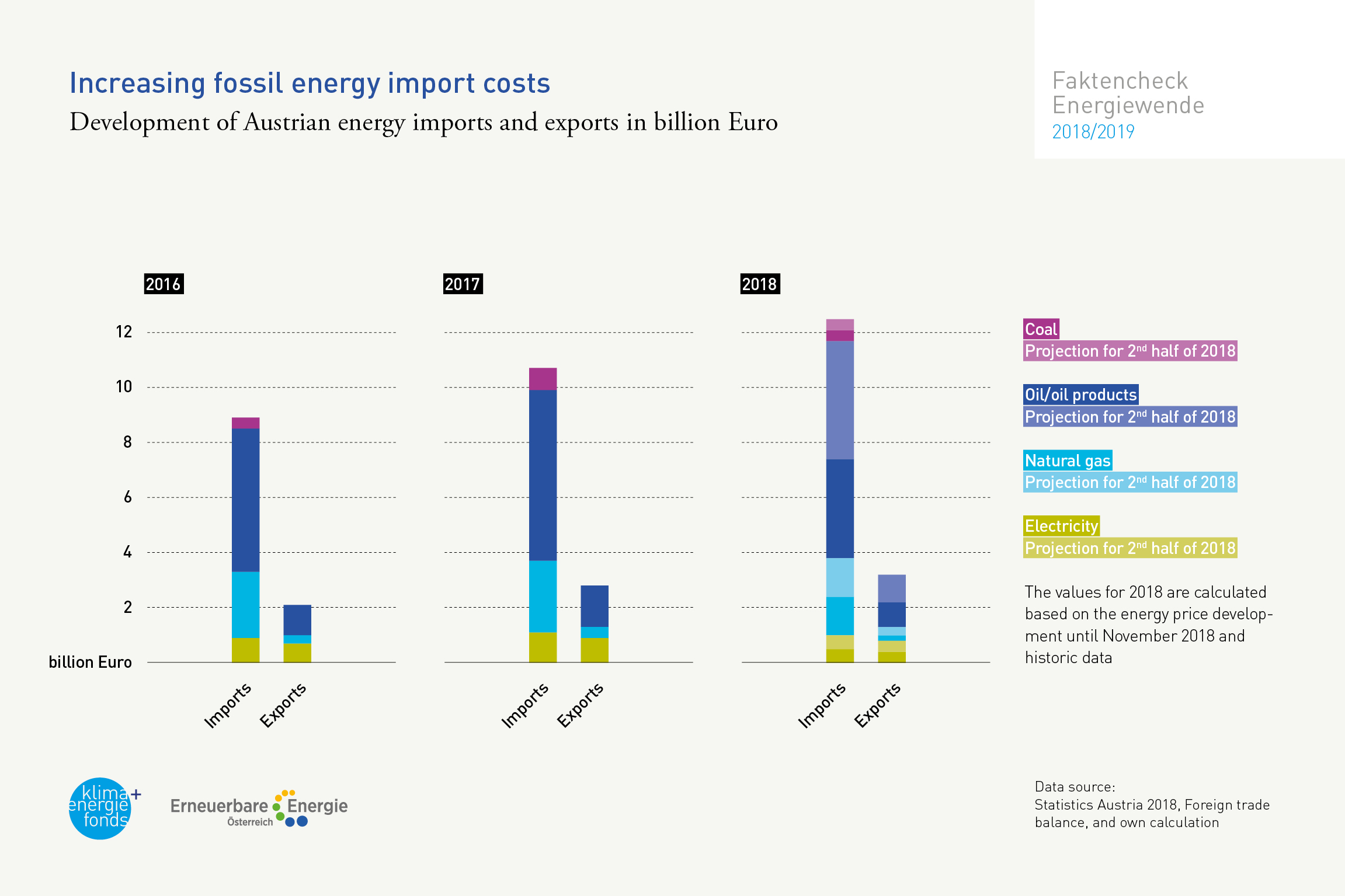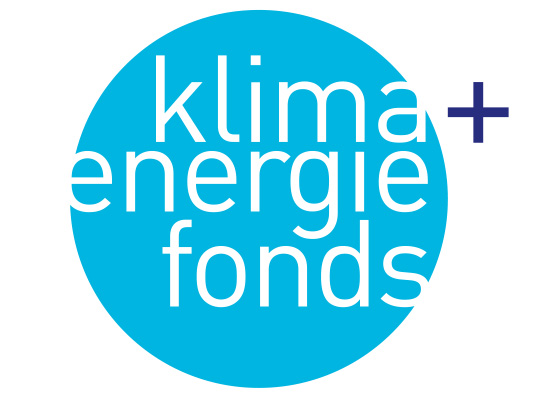The heating transition strengthens Austria’s economy
Myth
The existing energy supply system works well. Climate protection measures are not as important as jobs and economic growth.
Facts
Climate protection and jobs are not contradictory. Current studies show that restructuring the economic system into a climate-friendly and sustainable direction is one of the biggest general opportunities.
Austria has a well established tradition of using innovative technologies based on renewable energies. The development of a sustainable infrastructure is seen as one of the current biggest business opportunities. A study by the Technical University of Vienna showed that a heating transition scenario delivers strong economic stimuli; in addition two to three billion euros in heating costs can be saved. Additional investments in thermal renovation, in combination with switching from fossil fuel-based heating systems to renewable systems, will lead to an annual employment increase of 2.5 % between 2020 and 2030 and of 2.4 % between 2030 and 2040.
The domestic heat transition creates added value and jobs. Currently 64.2 % of Austria’s energy supply depends on imports, which is above the EU28 average of 53.6 % (2016). Austria imported energy worth 10.7 billion euros in 2017; net value, minus exports, is around 8 billion euros. Due to higher oil prices another import cost increase can be expected for 2018 – reaching approximately 12 billion euros. The export-oriented Austrian economy has very good opportunities to offer its technologies and know-how once the Austrian market has gained a clear perspective.





